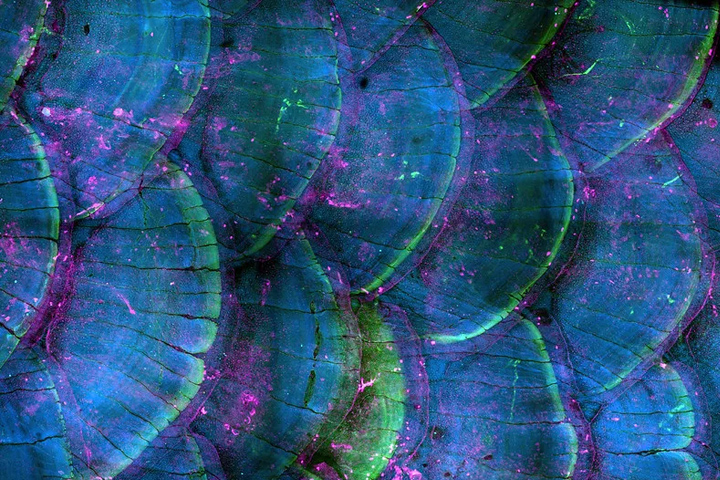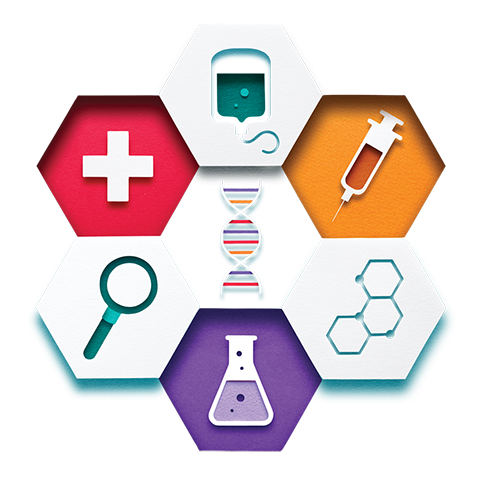Safety and Effectiveness of a New Drug for Advanced Pancreatic Cancer

Daniel Castranova; National Institute of Child Health and Human Development/NIH
Can a new drug make standard treatment for advanced pancreatic cancer more effective?
Scientists are clinically testing to find the safest and most effective dose of a new drug that has shown potential against tumors. In laboratory trials, GP-2250’s safety profile was outstanding, showing no significant adverse events and a very high maximal tolerated dose. The drug is being tested alone and in combination with standard treatment with gemcitabine.
A New Drug for Pancreatic Cancer
GP-2250 induces cell death by affecting a key metabolic enzyme in cancer metabolism and thereby increasing reactive oxygen species (molecules that attack other elements in the cells, including DNA and proteins) which in turn induces apoptosis (cancer cell death) and inhibits the spread of tumor cells.
Gemcitabine is converted into two metabolites that cause cell death. One reduces the number of building blocks necessary to make DNA; the other shortens the DNA strands. It is used to treat pancreatic cancer at all stages of the disease. Laboratory testing prior to the clinical trial has shown GP-2250 to be synergistic with gemcitabine.
Two Phases
This clinical trial has two phases. Phase I tests dose safety and tolerability of GP-2250 alone, and then in combination with gemcitabine. Phase II uses the dose identified in phase I, plus gemcitabine, to look at the effectiveness of the combination in a larger number of patients.
To qualify for this trial patients must have advanced pancreatic cancer. All participants will receive the drug combination being tested, and must have been previously treated with FOLFIRINOX.
We encourage you to consult your physicians for clinical trials that may be right for you. The website ClinicalTrials.gov provides more details about this trial as well as many others. You can visit the Let’s Win Trial Finder for a listing of all active pancreatic cancer clinical trials.





